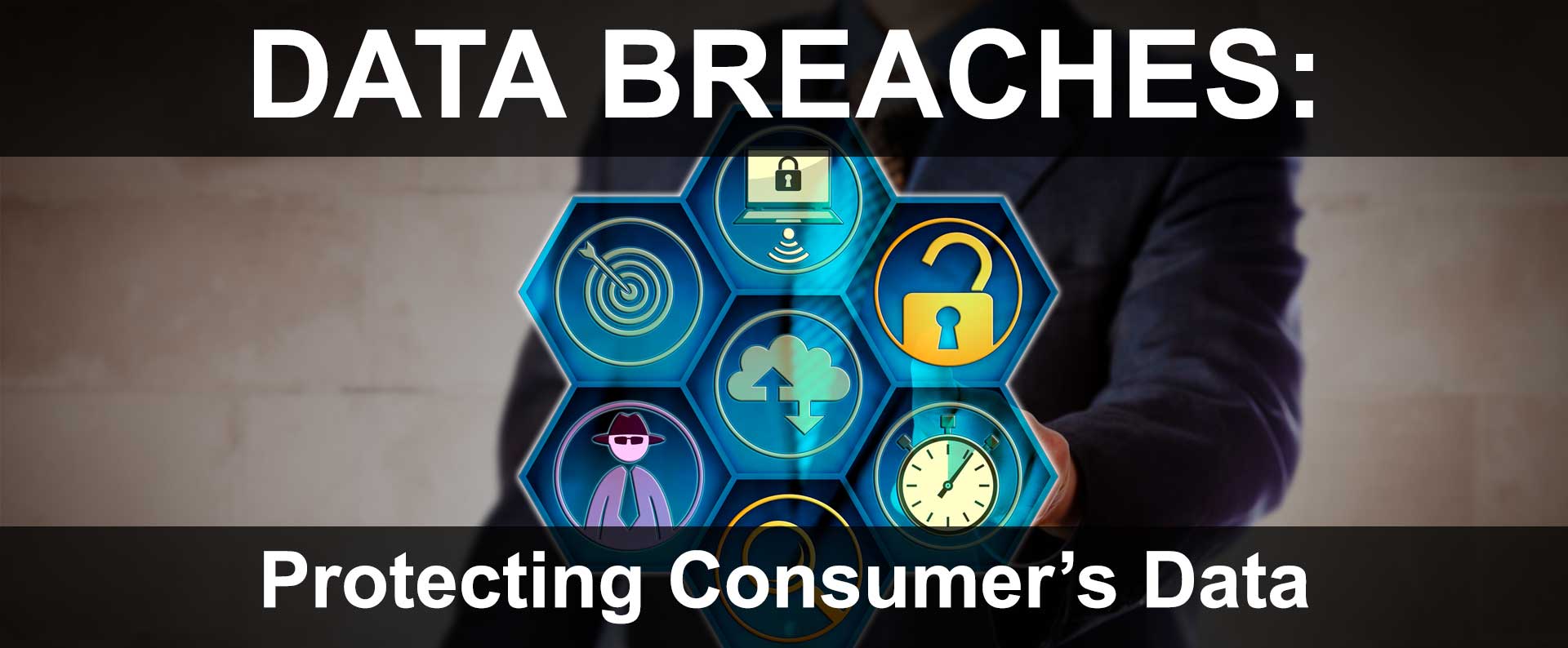In recent years, major companies like Equifax, Facebook, Google, Yahoo, Verizon, and others, have faced Congressional Hearings regarding the responsibility of businesses to safeguard consumer data.
It is crucial for small businesses to pay attention to these hearings and not dismiss them as only relevant to larger corporations.
The expectations and requirements set by Congress for Wall Street companies will eventually extend to Main Street businesses as well!
Whether a business is small or a Fortune 500 company, it is likely to have a website that collects consumer data.
How This Affects Main Street
The impact of data responsibility is far-reaching and affects everyone. How businesses handle their customers' information, even if it is just basic details like name, address, email, phone number, and date of birth for loyalty programs, is of utmost importance.
In today's digital world, this information alone is enough for thieves, hackers, and malicious individuals to cause significant harm to a consumer's online profile and potentially lead to identity theft, even without access to social security numbers.
Whose Responsibility?
Congress is rightfully focused on holding businesses accountable for the data they collect, store, and disseminate.
Neglecting to secure systems and prevent data breaches can result in criminal negligence or, at the very least, severe reputational damage due to negative press coverage.
Basic Best-Practices To Implement NOW!
To mitigate these risks, businesses should implement basic best practices:
1. Training & Awareness
- Educate employees and users about the data collected, how to handle and protect it, and the potential consequences of data theft.
- Limit the sharing of sensitive information and enforce proper protocols for disseminating information.
- Follow current best practices for user security and password standards to make it harder for hackers to breach the system.
2. Handling & Encryption
- Understand and implement best practices for handling and storing consumer data.
- Use secure encryption technologies to protect sensitive information both during transmission and storage.
- Encryption adds an extra layer of security, rendering stolen data useless if hackers cannot break the encryption.
3. System Monitoring & Vulnerability Assessments
- Establish systems to monitor user access and identify potential vulnerabilities that could lead to data breaches.
- It is the company's responsibility to be aware of all system access attempts, entry points, and potential weaknesses.
- Regularly conduct vulnerability tests to ensure system health and security.
- Monitoring can help detect and prevent intrusions from unwanted sources.
4. Update & Patch Maintenance
- Keep systems and software up to date with the latest patches and updates to enhance overall security and prevent breaches.
- Install security updates and patches immediately upon notification to minimize risk exposure.
5. Content Filtering
- Implement content filtering to protect assets and networks from malware and potential hacker access attempts.
- Failure to use proper content filtering may result in unintentional downloading of malicious files, compromising security systems and leading to breaches.
6. Emergency Response Plan
- Develop a strategic plan for responding to theft, hacks, or security breaches.
- Have an emergency backup plan with secure and reliable backups in place, stored separately, to facilitate recovery efforts when needed.
Summary
The suggestions mentioned above represent the minimum steps businesses should take to secure consumer data, avoid theft, negative press coverage, and inconvenience. By following these best practices, businesses can fulfill their responsibility to protect consumer data and maintain trust in an increasingly digital world.













